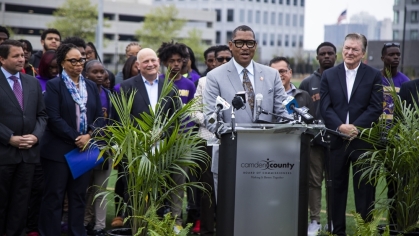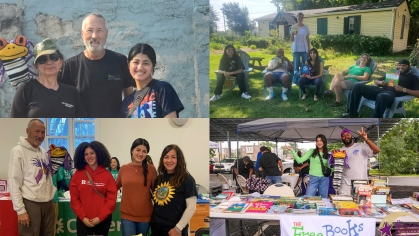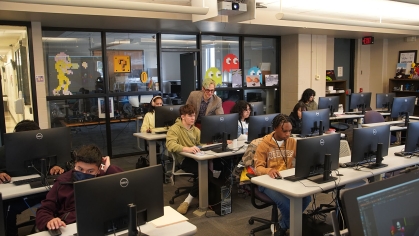On International Holocaust Remembrance Day, Rutgers Law Professor Recalls Working with Survivors
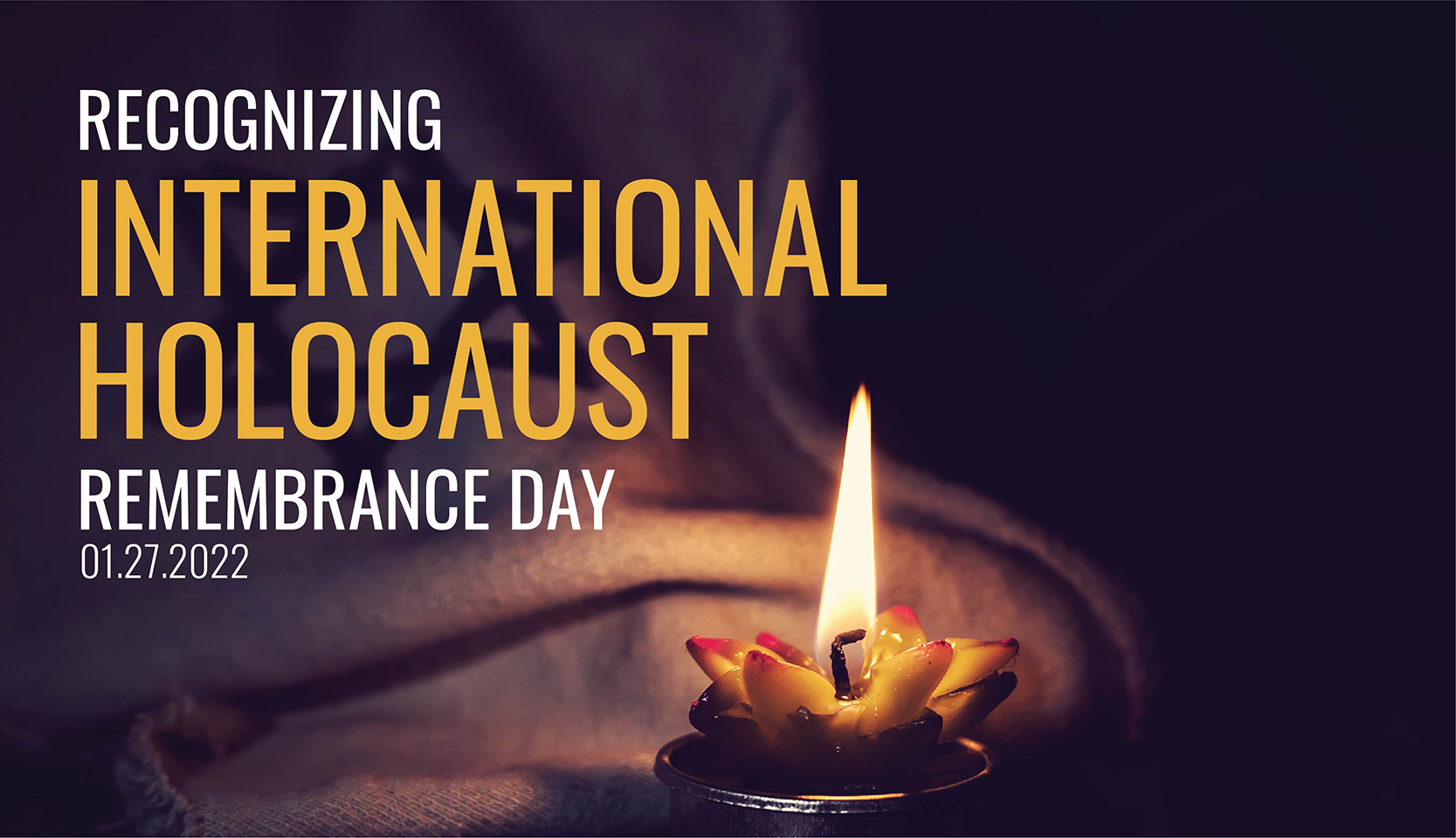
Professor Pam Jenoff helped resolve post-Holocaust issues as a U.S. diplomat in Poland
Today marks both International Holocaust Remembrance Day and the 77th anniversary of the liberation of Auschwitz.
The date is seared into the memory of Pam Jenoff, a professor at Rutgers Law School, who worked on post-Holocaust issues while serving as a U.S. diplomat in Poland during the 1990s. In her experience, she says, there is incredible power in remembering, but only by turning toward the present and using what we have learned to combat prejudice and oppression today.
“We can’t forget the suffering, but we must also engage in dialogue and use these lessons to shine a light in our own world right now,” she says.
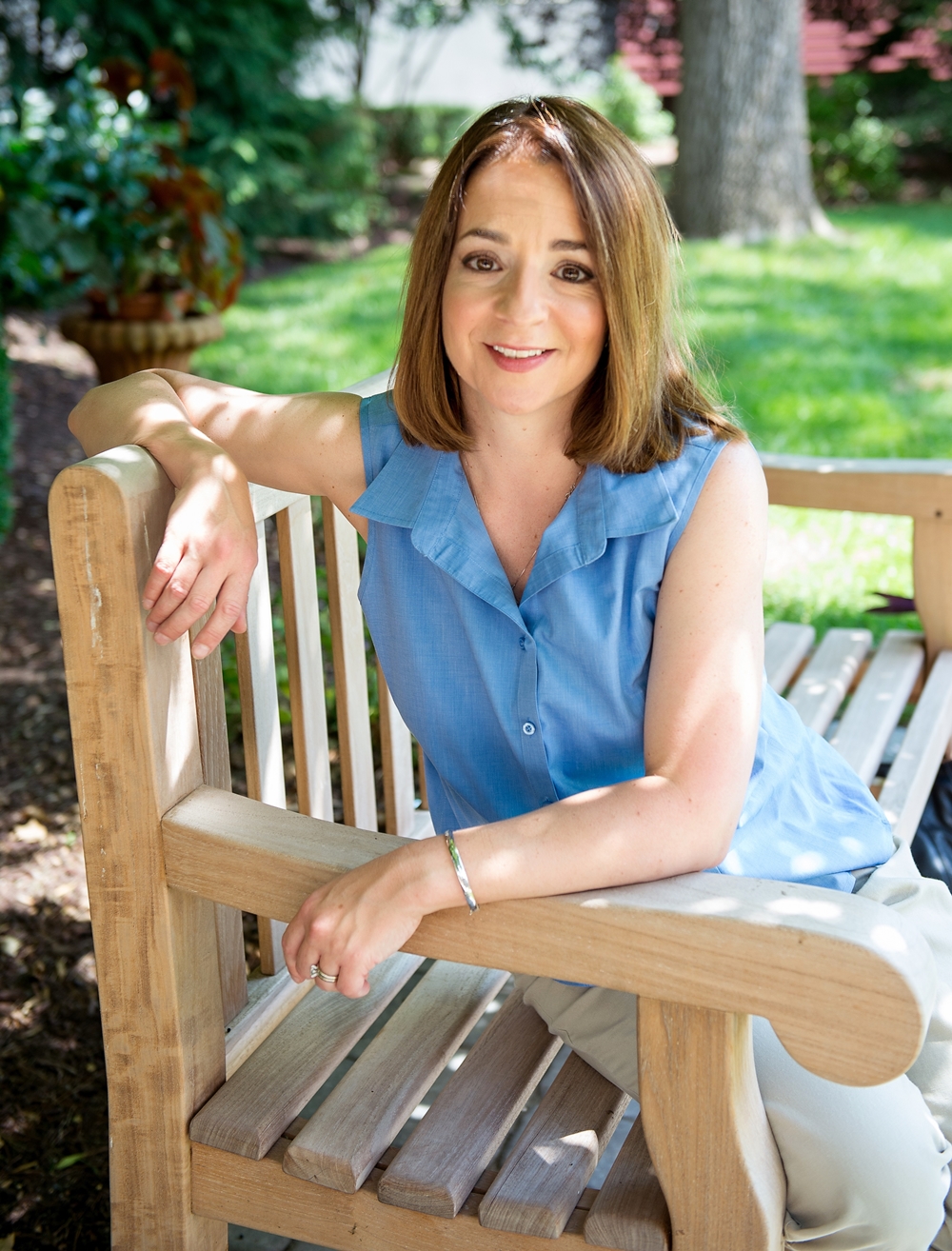
Pam Jenoff. Photo credit: Mindy Schwartz Sorasky
Fresh out of graduate school, Jenoff served as a special assistant to Secretary of the Army Togo D. West Jr. at the Pentagon from 1994 to 1995. Among the notable events she attended were the 50th anniversary commemorations of World War II in Belgium and the Philippines. After “seeing the world from the shoulders of giants,” she went to work in 1996 as a foreign service officer with the U.S. State Department in Krakow, Poland.
As she recalls, she had initially gone there to handle visas and passports. Alone in a foreign country and of Jewish heritage, she soon gravitated toward the Jewish community in the city. The U.S. government quickly saw that she had developed ties with the local population and put her to work helping to resolve post-Holocaust issues. Poland was transitioning from almost 50 years of communist rule to a democracy, she says, so “everything was frozen in time.”
Jenoff was assigned to deal with three major issues: returning property to Holocaust survivors, confronting lingering antisemitism in the country and questions of how to preserve the sites of concentration camps. Much of the work was “creating dialogue,” she says, such as bringing together Polish and American teachers so that Poles could learn how to teach their children about the Holocaust. “It was this bridge-building,” she says. “It was very difficult work, but very rewarding.”
The hardest issue, Jenoff says, was navigating the complex, shared legacy of what World War II and the Holocaust meant to Jewish and Polish people. There are so many individualized responses, she explains, so there is no singular answer for a society trying to come to grips with its tragic past. Even today, says Jenoff, Poland is not in danger of returning to fascism, but is dealing with problematic political views in a democracy that are similar to what we see in America today.
The difference now, she says, is that Poles and Americans are confronting their challenges in entrenched democracies. Even if we “aren’t always getting it right,” she says, there is a genuine willingness to engage in the conversation. The solution, she believes, is to get young people involved in the dialogue.
“The dark shadows of genocide and hate are not constrained by borders or the passage of time,” she says. “History is in fact made up of an infinite number of individual choices. Each of us, young and old, has a responsibility to root out these injustices and further the causes of equality and freedom through our words, thoughts and deeds.”
